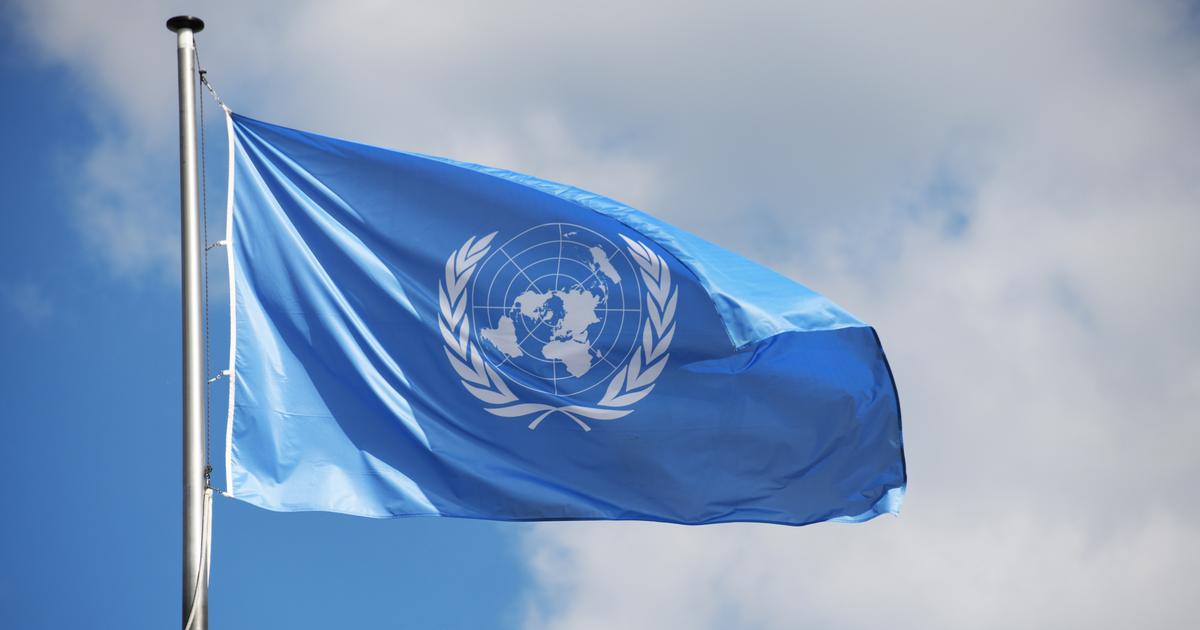Modern slavery has continued to spread around the world in recent years, driven in particular by the pandemic, with nearly 50 million people forced to work or marry last year, the UN announced on Monday.
That's nearly one in 150 people.
The UN wants to eradicate this scourge by 2030, but last year 10 million more people were in a situation of modern slavery compared to global estimates in 2016, according to the latest report released by the International Labor Organization (ILO) and the International Organization for Migration (IOM) - two UN agencies - with the NGO Walk Free Foundation.
Of the 50 million modern slaves, nearly 27.6 million were people subjected to forced labor and 22 million were people married against their will.
“Covid-19 does not explain everything”
“
We urgently call for mandatory due diligence for companies to prevent the use of forced labor and other violations in supply chains
,” said Sharan Burrow, the secretary general of the International Trade Union Confederation (ITUC), which represents 332 affiliated organizations worldwide.
The pandemic caused by the coronavirus - which has led to deteriorating working conditions and increased indebtedness for workers - has strengthened the springs of modern slavery.
But "
Covid-19 does not explain everything
," ILO director-general Guy Ryder told AFP.
Read alsoThe UN calls on the EU to avoid a return to fossil fuels
In recent years, the increase in armed conflicts and climate change have contributed to increasing the risk of modern slavery, causing unprecedented disruptions in employment and education, deepening extreme poverty, multiplying forced migration and exploding cases of gender-based violence.
Guy Ryder calls on governments but also on workers' unions, employers' organizations, civil society and ordinary people to fight "
this fundamental violation of human rights
".
In particular, the report proposes improving and enforcing labor laws and inspections, ending state-imposed forced labor, expanding social protections and strengthening legal protections, including by increasing the legal age of marriage at 18 without exception.
In every country
Women and girls account for a total of 54% of modern slavery cases.
Nearly one in eight forced laborers is a child and more than half of them are victims of commercial sexual exploitation.
Migrant workers are more than three times more likely to be subjected to forced labor than non-migrant adults.
Antonio Vitorino, the director general of the IOM, pleads that all migration "
be safe, orderly and regular
", in order to reduce the vulnerability of migrants.
Modern slavery is present in almost every country in the world.
More than half (52%) of all cases of forced labor and a quarter of all forced marriages are in upper-middle-income or high-income countries.
Forced marriage has increased in recent years, up by 6.6 million since 2016 global estimates. The report also reveals that the number of people in forced labor increased by 2.7 million between 2016 and 2021, an increase solely due to the use of this type of work in the private sector, particularly in the context of commercial sexual exploitation.
Read alsoRussia: the UN denounces the “intimidation” against opponents of the war in Ukraine
Compared to the size of the population, it is in the Arab countries that forced labor is the most important.
In absolute numbers, Asia and the Pacific is home to more than half of the world's total number of forced labourers.
The report highlights in particular that various UN bodies have raised concerns about forced labor in China, including in Xinjiang.
This country deposited on August 12 the instruments of ratification of the two fundamental conventions of the ILO on forced labour, which - according to this organization - "
creates a new impetus for cooperation with the government and the social partners in order to follow these issues (and) to combat forced labour
”.
This means, explained Guy Ryder, that China “
will begin to inform about the situation of the Uighurs and this will give us new possibilities of access
”.
But he acknowledged that the discussion on Xinjiang was "
not easy
".

